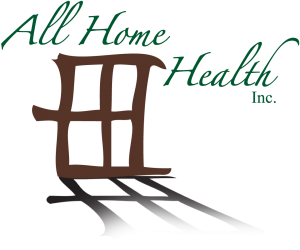We hope that the small things we see in our loved ones as they age are not a big deal. How do you know if something is wrong? When should you intervene?
- CUES — Are there any noticeable changes in appearance, hygiene or housekeeping. If there are changes in hygiene, it may be a sign that they need help. Inability to maintain hygiene can negatively impact both mental and physical health.
- ASSISTANCE – Does the person need assistance with mobility or activities of daily living? Shopping, cooking and cleaning become more difficult as mobility changes. Check that your loved one’s fridge is stocked with fresh food (not expired), and that their home appears well-maintained, free of clutter or garbage, and has no tripping hazards.
- RESPONSIVENESS –Are there changes in cognitive function, such as a tendency to repeat themselves, forget, or become frustrated when communicating? Unopened mails, unpaid bills and unfilled medications are just a few of the things that can have serious consequences if not done on time.
- ENGAGEMENT –Are they limited in their social interactions? How much time do they spend alone? According to the National Institute on Aging (NIA), older adults are particularly susceptible to loneliness and social isolation, which can have a serious impact on their health.
Recognizing the need for home care
You can use this resource to find out if you or a loved one could benefit from home care. Some people worry that by noticing their loved ones’ needs, they will have to make drastic changes that could cost them a lot of money or cause their loved one lose their independence. This is not always the case.
We all need a little assistance as we age. Home care is a great and cost-effective solution.
All Home Health is the most comprehensive home care provider in the industry. It covers all needs to keep a person independent, comfortable, and safe at home.
All Home Health can answer any questions you may have if you notice a change in your loved one’s needs. In-Home Care Assessment allows you to meet with the team and discuss your concerns. You can also create a personalized care plan that will meet your loved ones’ needs now and in the future.
Early support can help your loved one remain independent, safe and comfortable at home.
